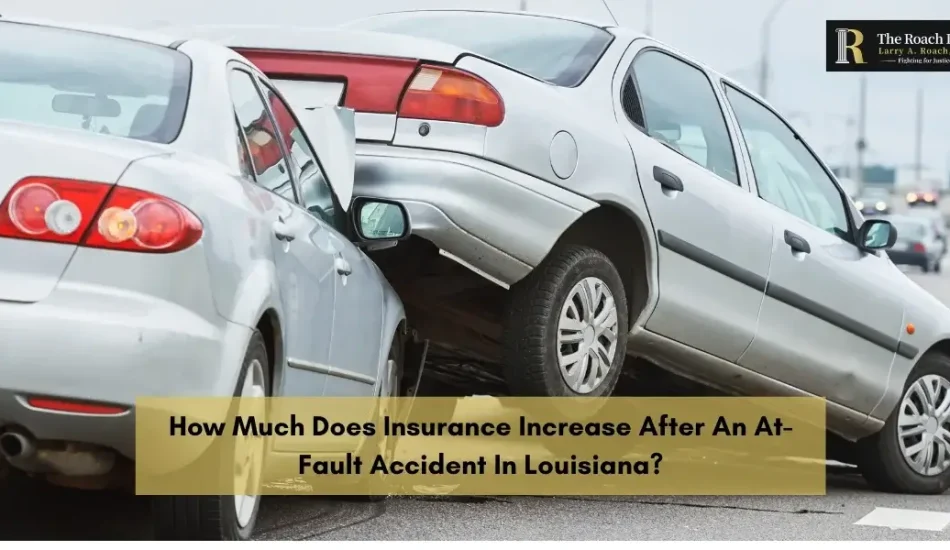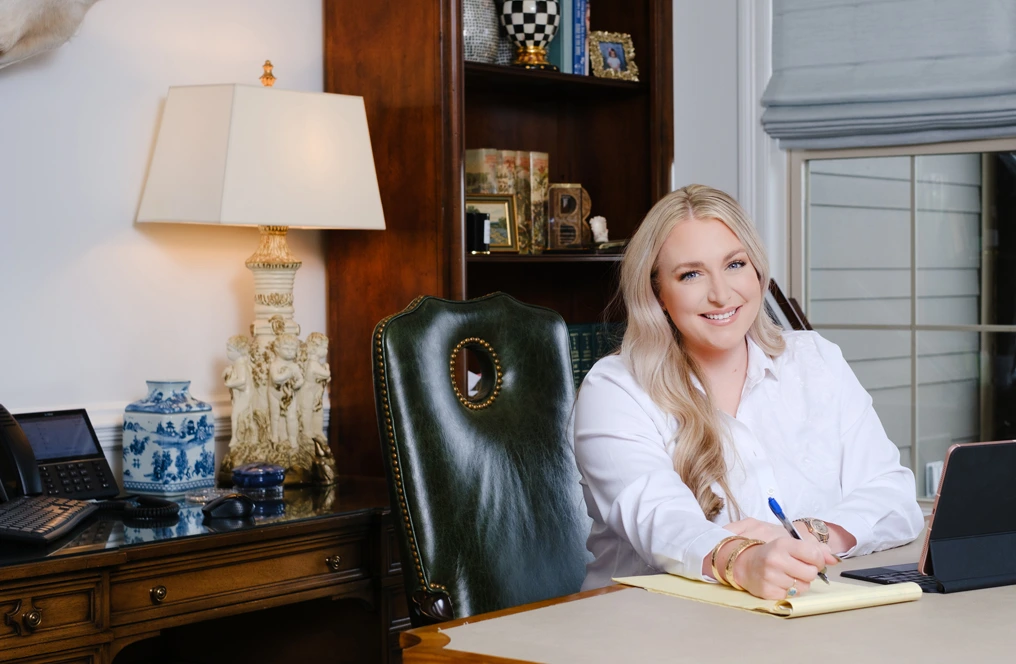How Much Will My Insurance Go Up With an At-Fault Accident in Louisiana

When you get in a car accident in Louisiana, you can expect your insurance premium to go up. The question you’re probably asking yourself is: How much will my insurance go up with an at-fault accident in Louisiana?
Unfortunately, the answer isn’t straightforward. Still, it can be helpful to have more information about what factors into how much your insurance rates change and how you can potentially avoid a big increase in your premium after an accident.
Driving in Louisiana
Louisiana is known for having some of the worst roads in the country. Between the poor road infrastructure and bad driving habits, driving in the state can be risky. Approximately 20 to 25 percent of all fatalities in Louisiana happen on local roadways. That said, fatal crashes on Louisiana interstates also increased by 5.7 percent between 2022 and 2023.
The risk of collision and damages determine the average threshold for auto insurance rates in an area. That’s why car insurance rates can vary widely from state to state. Louisiana has some of the highest auto insurance premiums in the country.
This is in large part due to the disproportionate number of bodily injury claims filed in the state. On average, Louisiana files 104 percent more claims than the national average.
If you find yourself involved in an accident in Louisiana, it’s important to know what steps to take next to protect yourself – especially if you’re the one at fault. It’s wise to seek legal representation from a Louisiana car accident attorney so you can build the strongest defense for yourself.
Determining How Much an At-Fault Accident Is Going to Impact My Insurance in Louisiana
The amount your rates go up depends on a number of factors. For starters, the severity of the accident, as well as the injuries and/or damages caused, can impact how much the incident impacts your insurance premium.
Other factors that can impact your new insurance rates include:
- Value of the claim against you
- Your degree of fault
- Your driving history
There are also situations wherein you may be able to avoid a raise to your premium. For instance, some insurers offer accident forgiveness if it’s your first accident. That said, it’s wise not to rely on this because every insurer is different. Moreover, you can expect your rates to rise exponentially if you get into a second accident.
If you’re concerned about your new rates, you can switch to a new provider. That said, most insurers run a check on your driving history and are likely to see the accident and charge you accordingly for their policies.
Fault Vs. No-Fault Accident States
Some states recognize no-fault insurance laws. In these states, both party’s insurance providers pay for their own respective damages regardless of who was at fault for the accident. While this can speed the claims process up, it also means your insurance rates can go up even if you weren’t at fault for an accident.
This is not the case in Louisiana. Louisiana is a pure comparative fault state, which means you can recover damages for an accident regardless of the degree of fault you’re at for the accident. This means that you can receive compensation even if you’re found to be at fault for an incident.
When it comes to determining fault in an accident, it’s critical to have evidence to back your claim. After an accident, be sure to remain on the scene and document as much of the scene as possible. Even if you’re found at fault, you may be able to claim that the other party shares the blame.
FAQs
Q: Does Your Insurance Go Up After an Accident That Is Not Your Fault in Louisiana?
A: While your insurance company is likely to raise your rates after an at-fault accident, they cannot do so for a no-fault accident. The accident won’t be added to your claims history with your insurer as long as the at-fault party takes care of the damages. It’s important to document the scene and have as much evidence as possible to prove fault for the accident and ensure it doesn’t impact your insurance premium.
Q: What Can I Tell My Insurance After a Car Accident in Louisiana?
A: It’s important to report the incident to your insurance provider, but don’t share detailed information about medical bills or repair costs. If the at-fault party in an accident is uninsured or underinsured, your own insurance company may cover the claim and compensate you. They can use any information you give them to nail down a dollar amount to pay out to you, and they are likely going to try to pay as little as possible.
Q: How Much Can My Insurance Increase After a Fender Bender in Louisiana?
A: The amount your insurance increases after an accident can depend on multiple factors. For starters, your percentage of fault for an accident can impact how much it affects your insurance. Additionally, the severity of the accident and the damage it caused can play a part in how much your plan is impacted.
Q: Is It Worth It to Work With a Louisiana Car Accident Lawyer?
A: Working with a Louisiana car accident lawyer is not a requirement, but it’s highly recommended that you do. Filing a personal injury claim and navigating the legal process can be a lot for one person to do alone, especially if they’re also recovering from their injuries. An attorney can evaluate your case, gather evidence, interview witnesses, launch their own investigation, negotiate with the at-fault party, and represent your case in court if it comes down to it.
Talk to a Louisiana Car Accident Attorney About Your Situation in More Detail Today
Facing a legal case for an accident that was your fault can be daunting. The good news is you don’t have to do it on your own. Our team at The Roach Law Firm has over 60 years of experience representing clients in all types of car accident cases. Contact our office to set up an appointment to learn more today.

